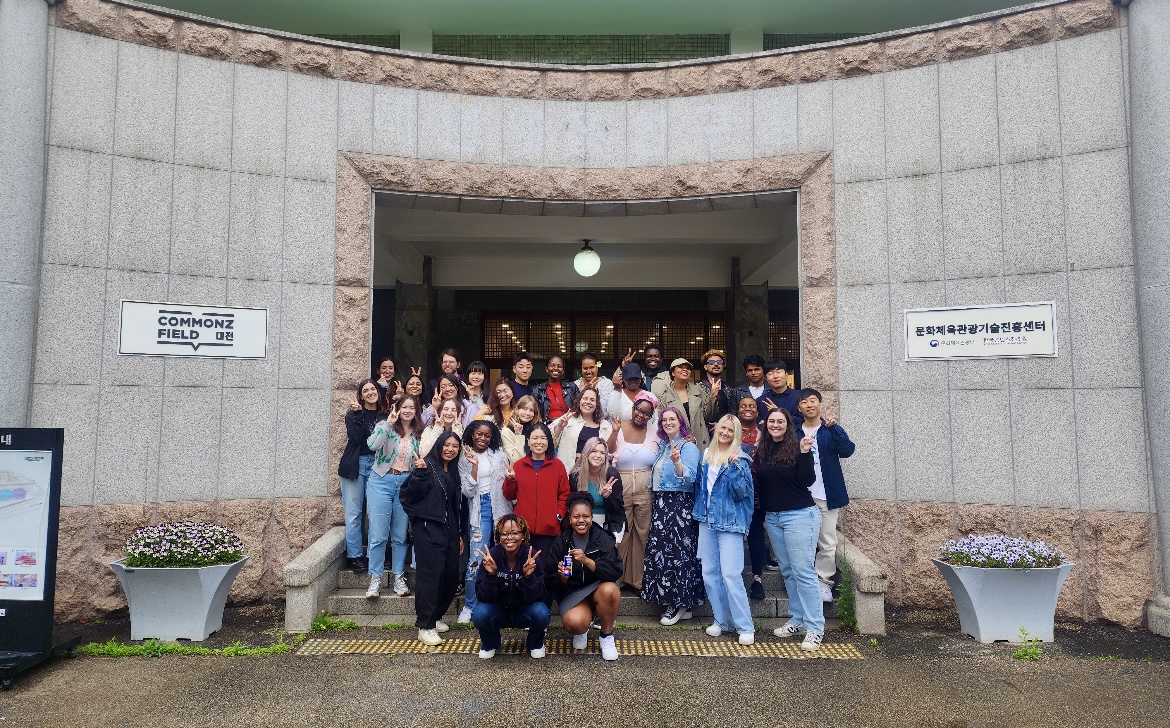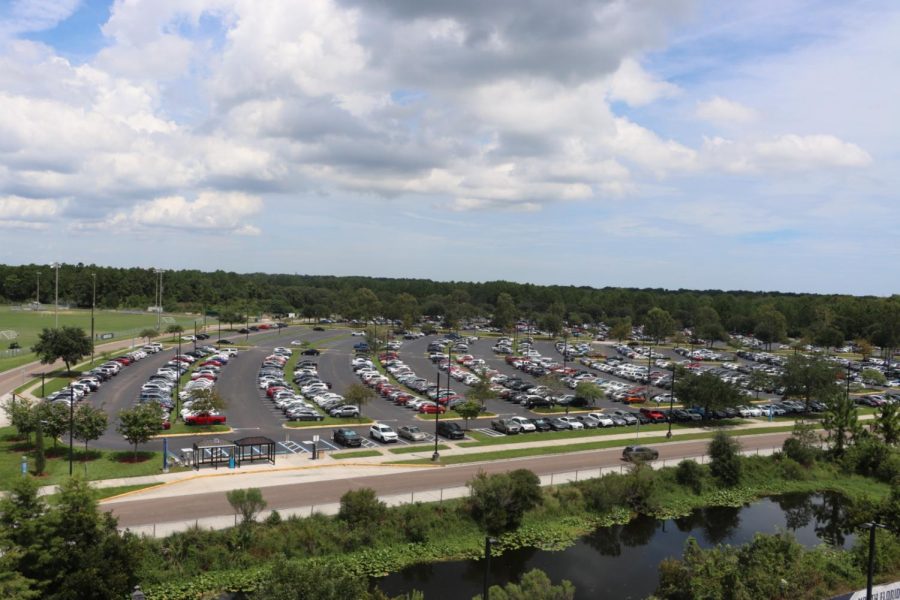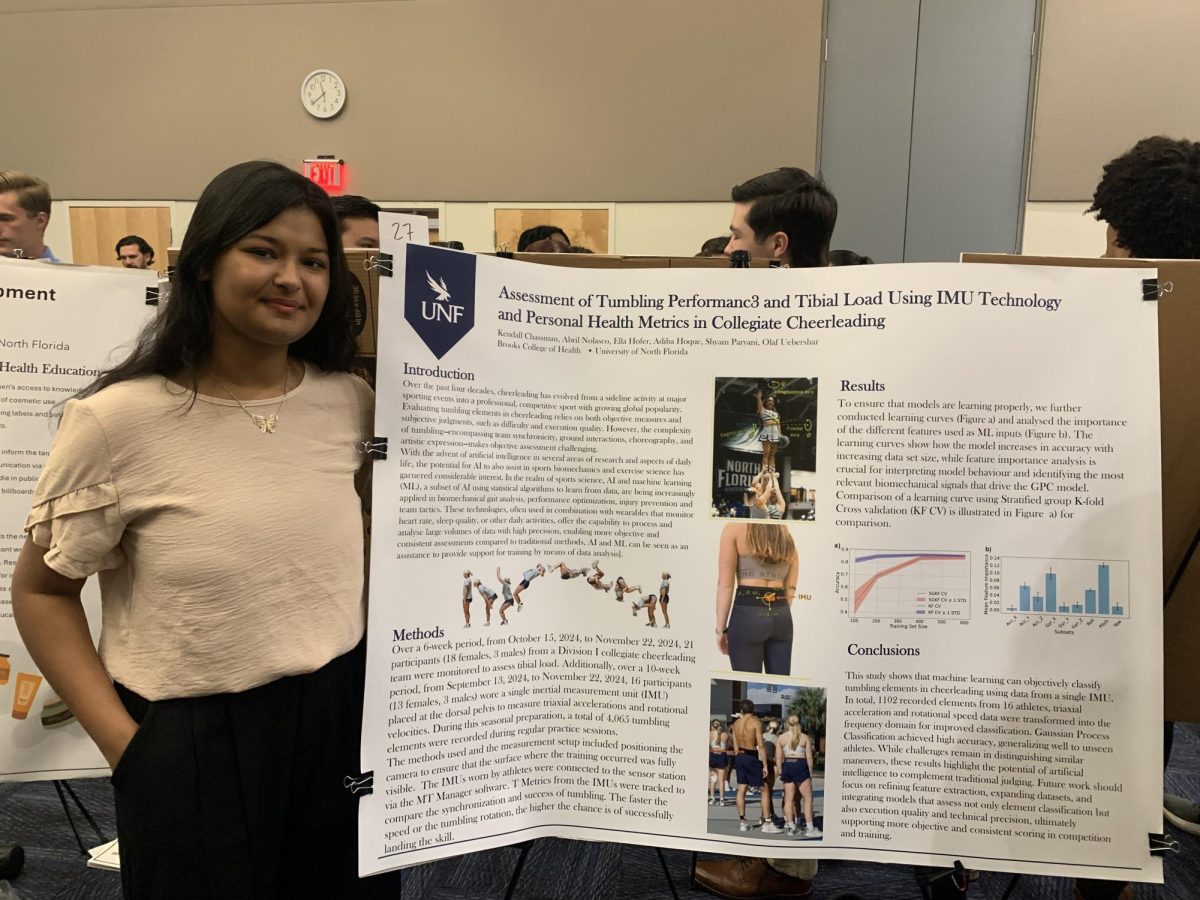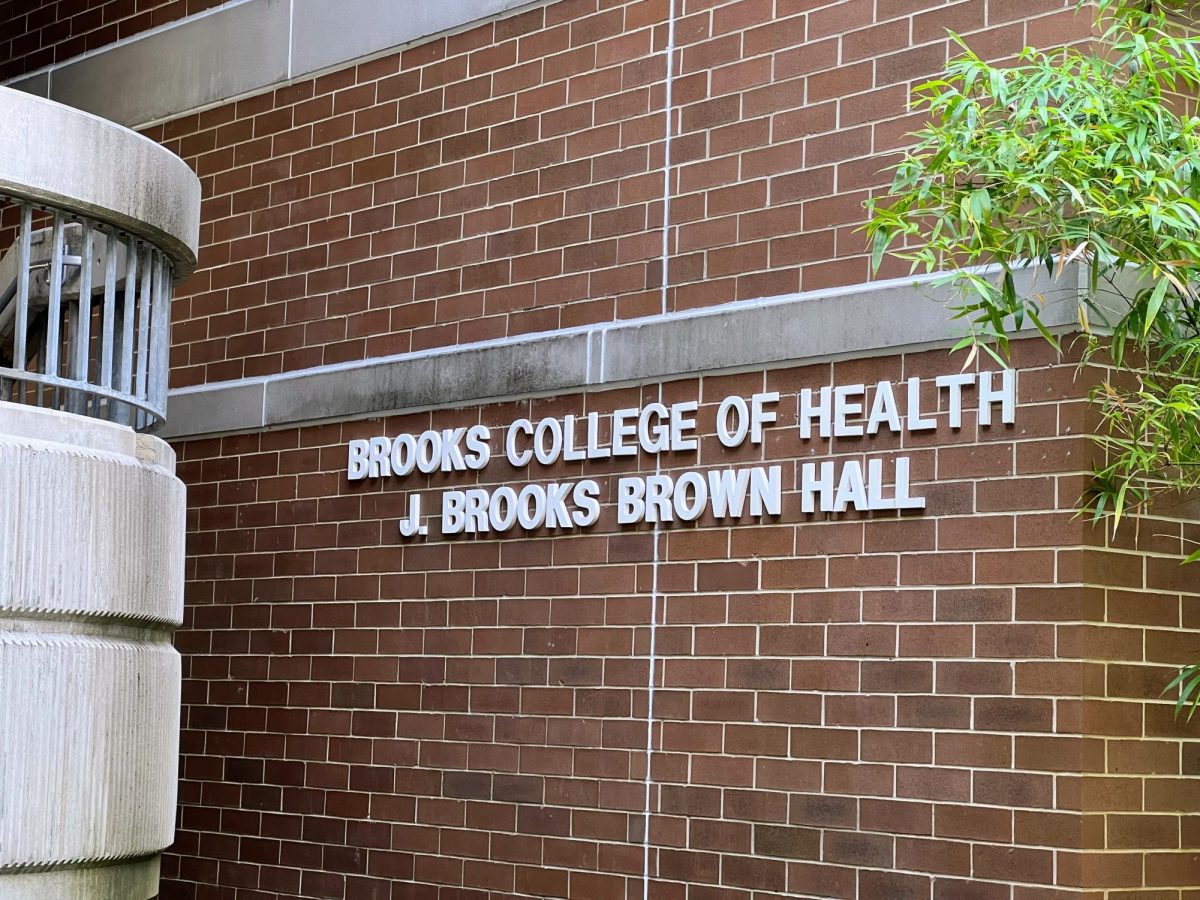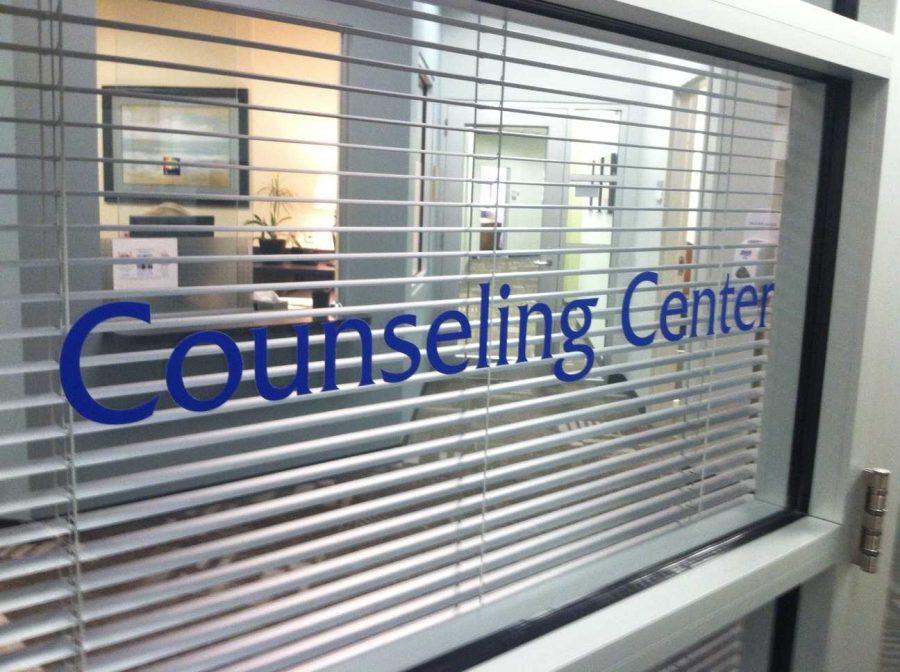There’s no debate as to whether victims of mass shootings suffer with post-traumatic stress disorder, anxiety and other issues; but can viewers of the media coverage on them suffer too?
When you turn on the news when a shooting takes place, you’re listening and sometimes even seeing the graphic details of the incident. Some viewers might empathize with the situation, and in return, they too can begin to show symptoms of anxiety and PTSD.
After the El Paso and Dayton shootings, a few events have taken place that lead me to believe that people who weren’t even involved in the shootings are suffering from them as well.
Here in Jacksonville, a Walmart off Phillips Highway was evacuated last Thursday because of a complaint call, according to News4Jax. The incident report said that the man had been upset because someone stole $200 from him in the Walmart. During the recorded complaint call, the man made a reference to the El Paso shooting, which led the Walmart employees to evacuate the building, along with all of the customers in the store. The man never made any statements to shoot up the store, and wasn’t charged with anything1. He was, however, asked by Walmart management to be ordered not to step foot on any Walmart property in Northeast Florida.
Another false alarm took place in New York last Tuesday. It was late in Time Square when the sounds of a motorcycle backfiring caused everyone around the area to panic. A stampede of people ran to get away from what they thought was an active shooter, according to cbsnews. Civilians ran into nearby shops, and even interrupted a Broadway show while fleeing the scene. People were reportedly pushing each other down, running out of their shoes and even diving under shop tables. The NYPD assessed the situation and alerted everyone that the scene was safe.
Both of these instances took place not too long after the two mass shootings. Is there any correlation? Is the nation suffering from PTSD due to media coverage of the events? According to a recent study, it’s possible. The 3-year study focussed on the Pulse nightclub massacre and the 2013 Boston Marathon bombings. The study states that someones media use after a collective trauma can cause distress by making them worry about possible future tragedies, which can actually promote even more distress when these actual situations occur. Worrying about the future is a sign of anxiety disorder, and is commonly associated with PTSD.
Chair of psychiatry at Columbia University, Dr. Jeffrey Lieberman, told cbsnews that the effects of mass shootings can cause anxiety and distress across the country, even from 100 miles away.
—
For more information or news tips, or if you see an error in this story or have any compliments or concerns, contact editor@unfspinnaker.com






